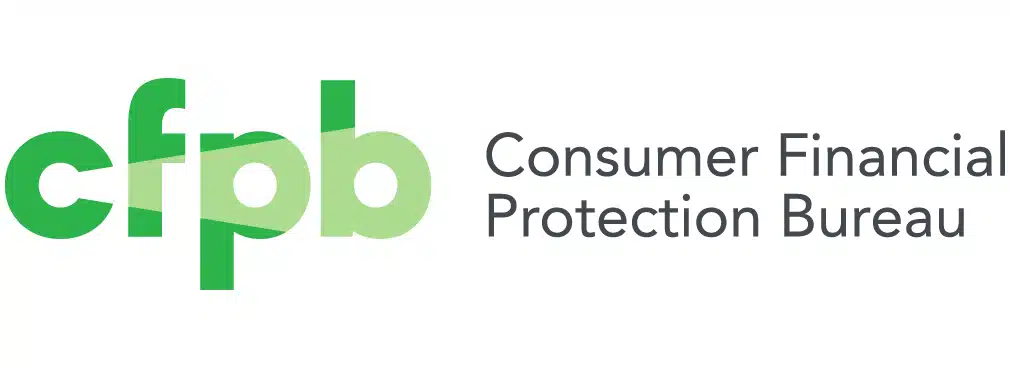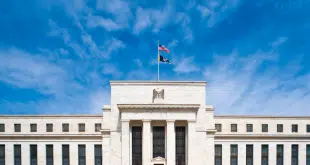Observers have warned that an activist Consumer Financial Protection Bureau is likely to act on multiple fronts that involve the payments industry. Early Wednesday it released its latest proposal, a move to cut the $12 billion it estimates consumers pay annually in credit card late fees. While the proposal could benefit late payers, some experts warn it could also have consequences for cardholders and merchants alike.
The proposed rule, which the CFPB has released for comment, would lower to $8 a safe-harbor provision under which issuers can currently levy late fees as high as $30, or $41 in some circumstances. Specifically, the proposal would amend provisions of the 2009 Credit Card Accountability Responsibility and Disclosure Act, known colloquially as the CARD Act.
Under the current rule, issuers’ late fees amount to levies that would, under other circumstances, be deemed by the CFPB as “illegal junk fees,” said Rohit Chopra, the agency’s director, in Wednesday’s release. The agency estimates the proposed rule would chop the annual toll from late fees to about $3 billion.

But observers warn the rule, if implemented, could have ripple effects the agency wouldn’t want to cause. “The proposed rule could have the unintended consequence of increasing late payments, which harms consumers,” notes Scott Talbott, senior vice president for government relations at the Electronic Transactions Association.
Others note the move could lead some credit card issuers to increase interest rates or impose annual fees. With past regulatory caps, such as on late fees, banks “charged higher interest rates to consumers, raised fees to merchants, and reduced loans to lower-income consumers,” notes Chicago-based investment firm William Blair in a note released early Wednesday on the CFPB proposal.
“There may have to be a new strategy applied for [credit card] portfolios if the fee goes down that dramatically,” says Ben Jackson, chief operating officer at the Innovative Payments Association and author of the “Payments 3.0” column in Digital Transactions magazine.
Other provisions in the CFPB’s proposed rule include granting a 15-day “courtesy period” to cardholders after the due date before issuers can levy late fees.
Comments on the proposal must be received at the Bureau on or before April 3, or within 30 days after publication of the Notice of Proposed Rulemaking in the Federal Register, whichever is later.







